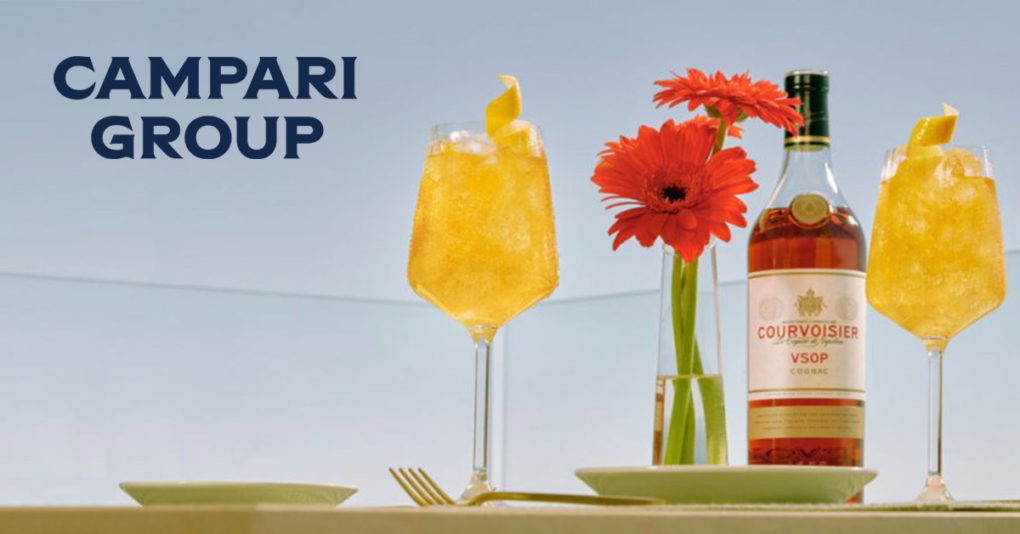
The cognac will be positioned as the fourth major leg of the Campari Group along with aperitifs, bourbon and tequila, and grant the spirits group a boost in the U.S. and Asia, according to a statement.
“The addition of Courvoisier cognac to our portfolio of global priorities is a rare and unique opportunity to expand our premium spirits portfolio and cognac offering,” said CEO Bob Kunze-Concewitz, who will be departing from his role next year.
In addition to accelerating the company’s “premiumization journey” the acquisition will provide the group the opportunity to expand its bottling and distilling capacity in France, and support the group’s other local operations. Those include several super premium French brands: cognac brands and distilleries Grand Marnier and Bisquit Dubouché, Trois Rivières rhums and distillery (in Martinique), and Champagne Lallier and bitter aperitif Picon.
Courvoisier was founded in 1828, and has been under the Beam Suntory umbrella for nearly 20 years. The historic brand, which got a boost from early 2000s rap anthems, makes up one of the four players that dominate nearly 100% of the cognac market in the U.S. Courvoisier’s business, which includes the Salignac brand, reached net sales of $249 million in its fiscal year ending December 31, 2022, according to the statement.
But like other major cognac brands, Courvoisier was not immune to the declines facing the category after a pandemic peak: net sales hit $148 million for the 10 months prior to October 31, a decline of 33% compared to the corresponding period in 2022. Leaders of major players have cited logistical challenges, inflation, excess stocks and price increases decided by a number of independent distributors, plus high comparables.
But Campari remains optimistic about the long-term prospect of the category “given structural premiumisation trends in the U.S., China and travel retail,” read the statement. The company is banking on the premiumization effect within brown spirits in the U.S. (despite luxury spirits’ recent dip), and the growing popularity of international spirits in China.
Campari made moves to increase shareholders’ voting rights this year, carving a path toward making a big acquisition of a brand with a major U.S. presence, as the group seeks to compete against larger rivals like Pernod Ricard and Diageo. As analysts predicted, it will now leverage the investments put into the U.S. after acquiring Wild Turkey in 2009 and Grand Marnier in 2016. The U.S. is Courvoisier’s largest region, accounting for 60% of net sales in FY 2022, followed by the United Kingdom and China (combined 25% of net sales), while Global Travel Retail accounted for just over 3%.
The deal is expected to close next year, and anticipates an additional earn-out of up to $0.12 billion payable in 2029.